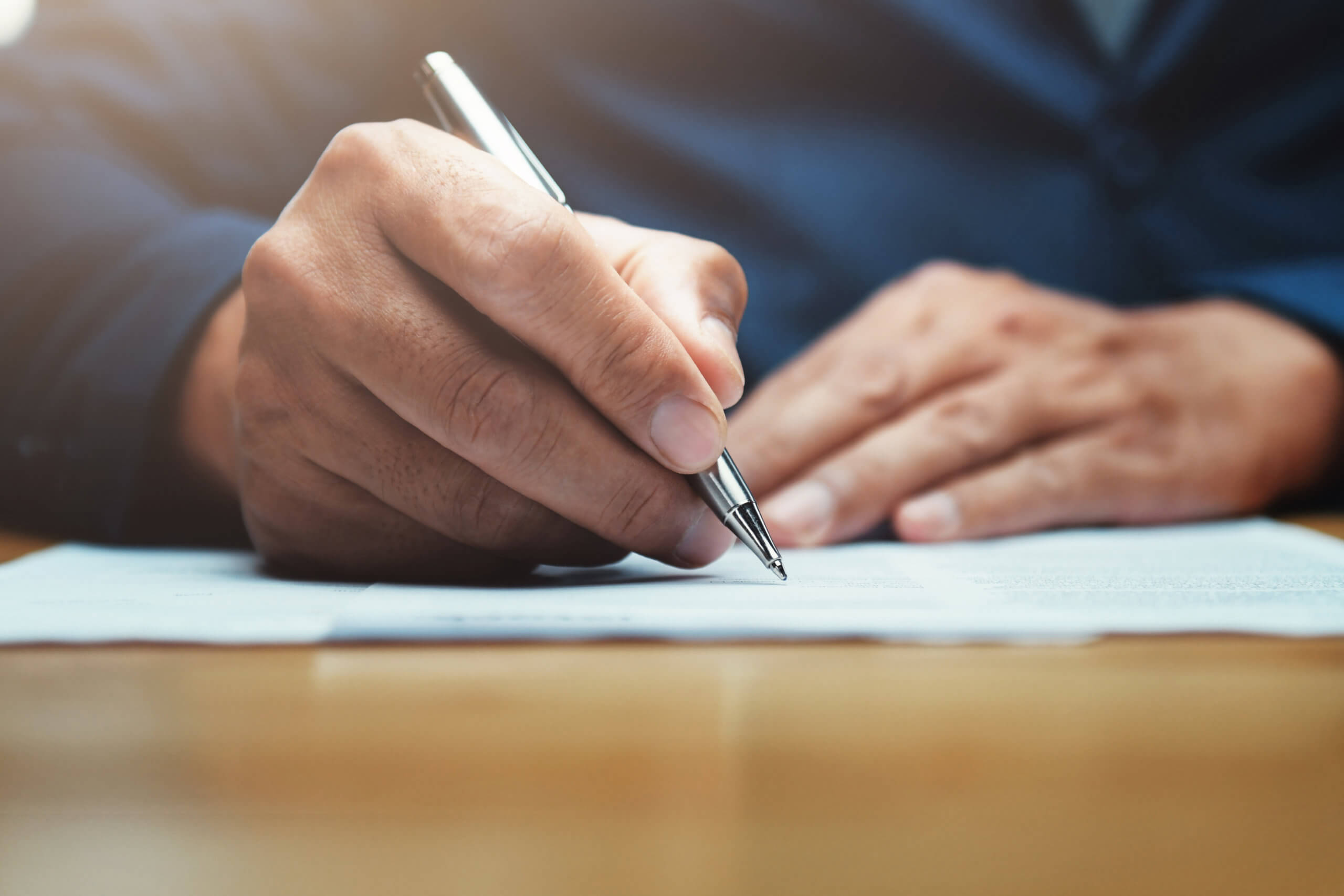After a successful meeting with an elected official to discuss an issue that is important to you, it is in your best interest to follow-up with that official in a timely fashion. This allows you to keep track on where the issue stands and what is being done to address it; as well as show your dedication to the issue. Below are steps to ensure your follow-up is successful and your issue remains at the forefront.
- Send a Thank You Letter
Promptly after the meeting, you should send a personal thank you letter to the elected official. They took time out of a busy schedule to meet with you about your issue, and even if they disagree with your stance, thanking them for their time and being courteous goes a long way. They will be more likely to listen to you on future issues. Be sure to proofread your letter and address to the correct location that ensures it gets into the right hands. Pro-tip: all elected officials, both past and present, are addressed as “The Honorable” instead of Mr., Mrs. Or Ms.
- Send Any Information and Materials
In a meeting with an elected official, you may offer or be asked to send additional information and materials on your issue. If there was something you couldn’t answer at the time of the meeting, or if the elected official requested additional information on the issue, make sure you send these in a timely manner. This will show you are credible and dedicated to the issue you are addressing. With these types of follow-ups, make sure the information and materials are clear and well organized and that the information given is cited with sources and credible. Giving inaccurate information can greatly damage your reputation with elected officials.
- Set Deadlines, Follow-up
During your meeting, if the elected official is unsure of their position, give them time to think on it and offer to provide them with more information. Inquire about when you should check back in to find out what your official plans to do regarding your issue. When the time agreed upon comes, send a follow-up email and make a phone call checking in on the issue. Be patient but be persistent, remember these officials are busy, if they have not reached a conclusion yet, set a new timeframe in which you can expect to check back in. Keep this process running so you and your issue don’t get overshadowed and forgotten.
- Attend Community Events in the District
Town hall meetings and other events are great opportunities to follow-up and touch base with elected officials and gather new information on your issue. If you participate and are engaged in a constructive way, you will build relationships and a reputation that will benefit you. These relationships will not only help you with your current issue, but you are more likely to be heard on future issues as well.
- Keep in Touch
You do not want to randomly contact your elected officials too much where you become a nuisance, but a regular well-timed check in email and phone call is recommended. Also, if you learn any new information regarding your issue that you feel may be of help, make sure you contact the office to be sure they are aware of this new information. If these communications are informative and direct, they can go a long way in helping keep your issue on their agenda.
Elected officials are not going to side with you on every issue, but if you always carry yourself respectfully and dignified, they will be more likely to hear your stance. They will also be more likely to view you as a credible source for information on future issues that they may agree with you on. How you follow up with your elected officials at the federal, state or local level after a meeting is important in advocating for your issue and building a strong relationship long term.

